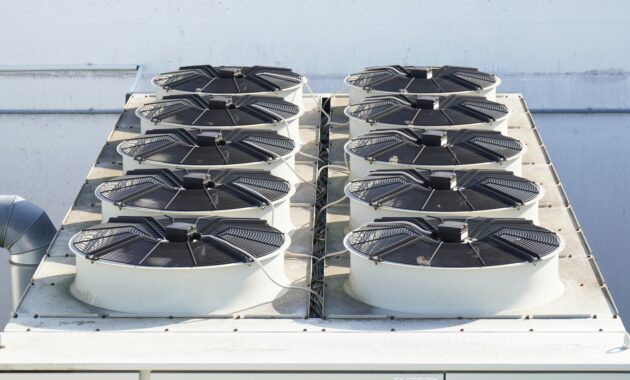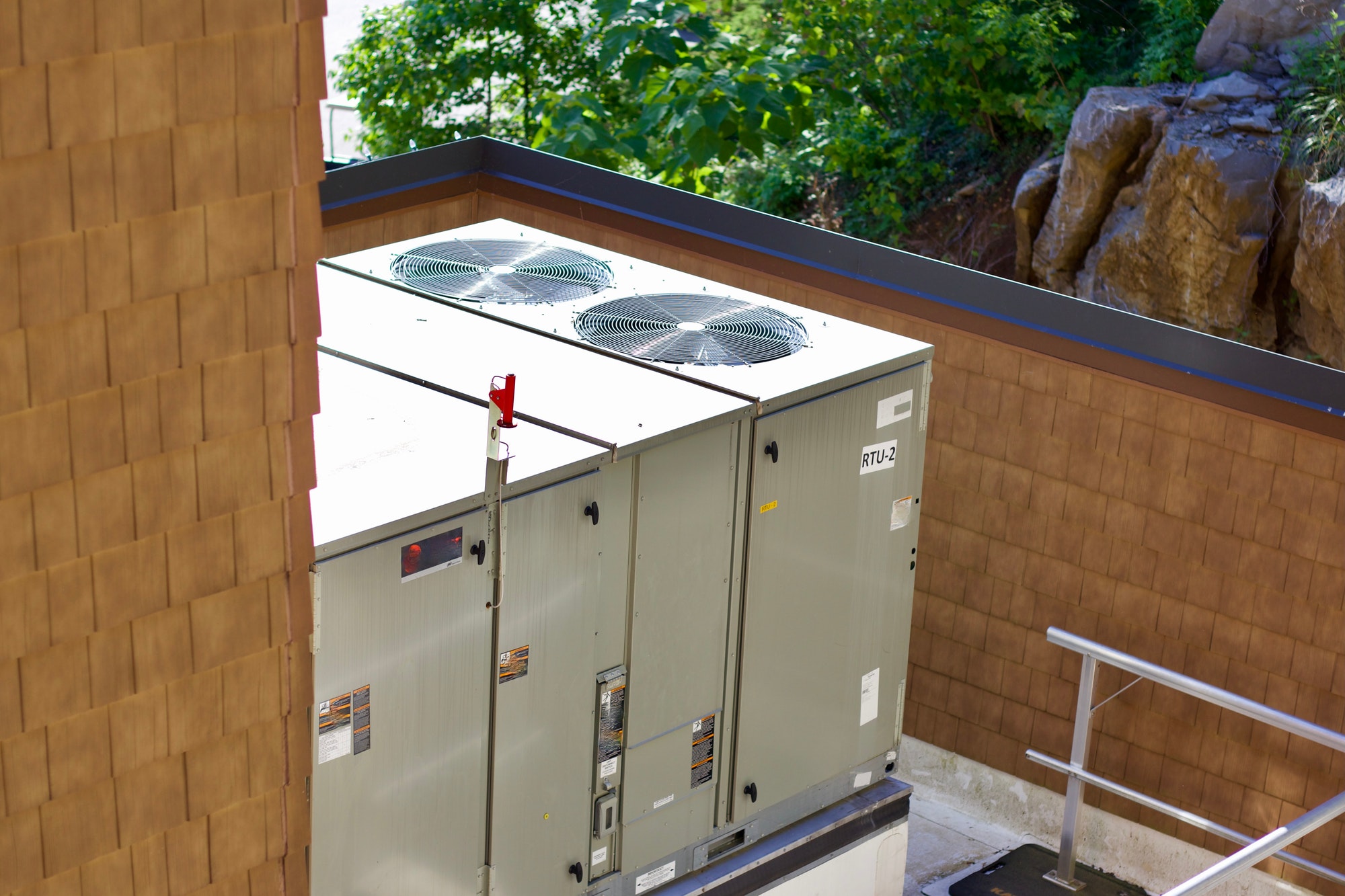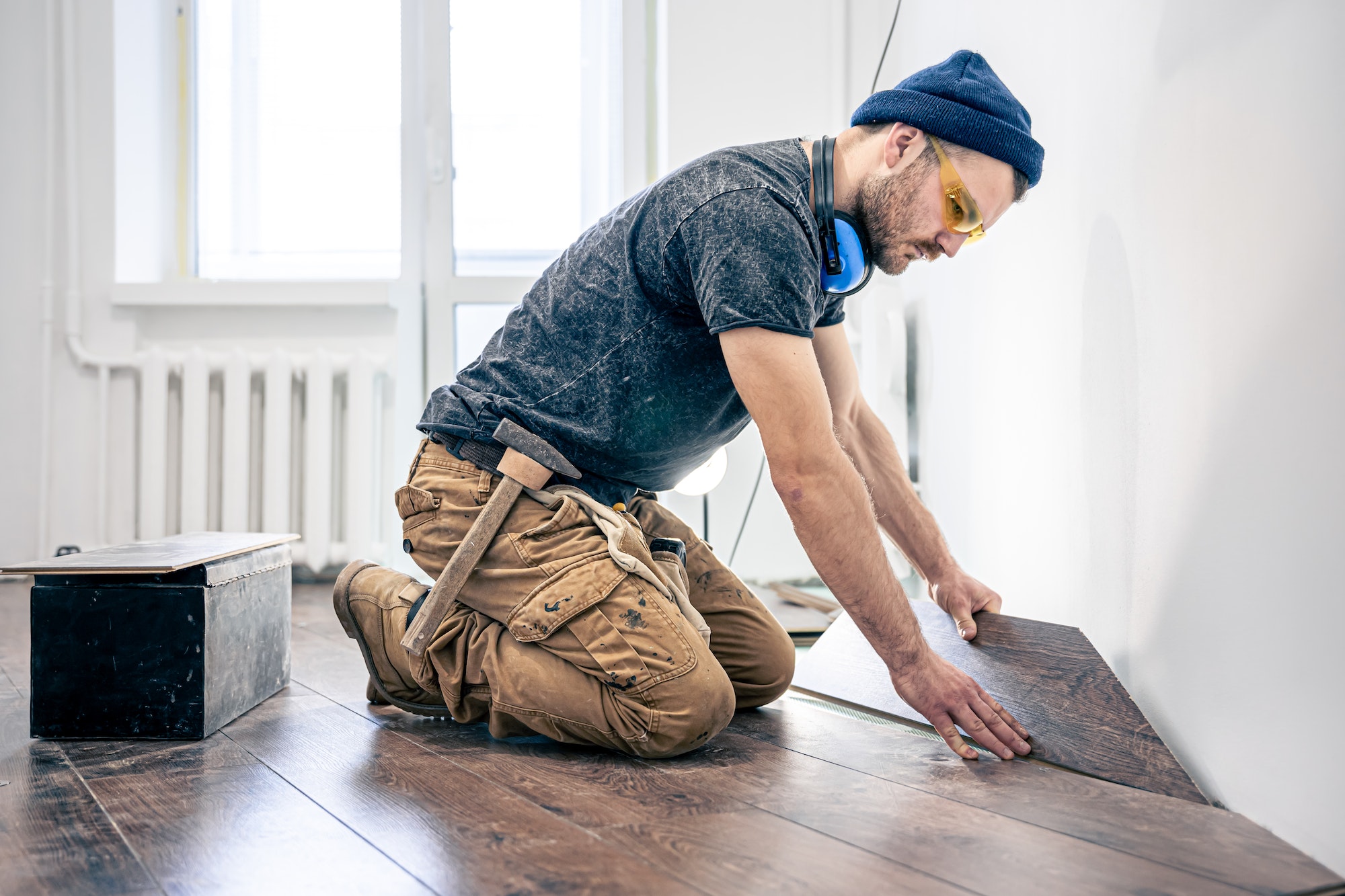HVAC is a crucial part of any home, and the installation process is not something that should be taken lightly. There are so many things to consider, from the size of the unit to the type of fuel it will use. But with a little bit of planning and preparation, you can make the process go smoothly. The following six tips will ensure that your HVAC installation is done correctly and that your home will be comfortable for years to come.
Hire a Qualified Professional
The first and most important step in installing your HVAC unit is to hire a qualified professional. This person will be responsible for ensuring that the unit is installed properly and that it meets all local building codes. They will also be able to answer any questions you have about the process and help you choose the best unit for your home. When looking for the right professional, be sure to ask for referrals from friends and family, and check the contractor’s licensing and insurance. You should also get a written estimate before hiring anyone and make sure they are familiar with your specific needs.
Choose the Right Type of Unit
There are two main types of HVAC units: central air conditioners and heat pumps. Central air conditioners are best for homes that already have a furnace, as they can be used to cool the entire house while heat pumps are ideal for homes without a furnace. However, some of the most popular HVAC units are high-velocity air conditioners and the Unico system. High-velocity air conditioners are ideal for homes with high ceilings, as they can move more air than traditional central air conditioners. On the other hand, Unico systems are a type of mini-split system that is perfect for homes with limited space. They can be used to heat or cool a single room or zone in your home. These units can be used in both homes with and without a furnace, and they are more efficient than traditional central air conditioners.
Size the Unit Properly
One of the most important aspects of installing your HVAC unit is making sure it is sized properly. If the unit is too small, it will not be able to effectively heat or cool your home. On the other hand, if it is too large, it will use more energy than necessary and will not operate as efficiently. To determine the right size for your unit, you’ll need to know the square footage of your home and the climate in which you live. Ideally, the unit should be sized to accommodate the maximum load of your home. Once you have this information, you can ask a contractor to help you choose a unit that will meet your needs.
Consider Your Fuel Source
Another thing to consider when installing your HVAC unit is the type of fuel source it will use. The most common fuels are electricity, natural gas, and propane. Some units can also run on oil or solar power. The main thing to consider when choosing a fuel source is the cost. Electricity is generally the most expensive, while natural gas and propane are typically less expensive. You’ll also need to consider the availability of each fuel type in your area. In general, electric units are the most popular because they are the most efficient and the least expensive to operate. However, if you live in an area where natural gas or propane is not available, an oil or solar unit maybe your best option.
Determine the Efficiency Rating
As mentioned above, one of the most important things to consider when choosing an HVAC unit is its efficiency rating. The efficiency rating tells you how much energy the unit uses to produce a certain amount of cooling or heating. Some factors that affect the efficiency rating of an HVAC unit include its size, age, and features. To get the most accurate efficiency rating, you should look at the EnergyGuide label. This label is required by the federal government to be placed on all new HVAC units. It shows the estimated annual energy cost of running the unit, as well as its efficiency rating.
Compare Unit Prices
When shopping for an HVAC unit, it’s important to compare prices. This will help you find the best unit for your money. You can get price quotes from local contractors or online retailers. It’s important to remember that the price of the unit is not the only factor to consider. You’ll also need to factor in the cost of installation and any ongoing maintenance costs. Ultimately, you’ll want to choose the unit that provides the best value for your money. There are also many online resources that can help you compare HVAC prices so make sure to do your research.

Installing an HVAC unit in your home is a big decision. There are many things to consider, from the size of the unit to its efficiency rating. By keeping these six things in mind, you can be sure to choose the best unit for your needs. Just remember to do your research and get price quotes from multiple contractors before making your final decision.
Discover more from Futurist Architecture
Subscribe to get the latest posts sent to your email.




